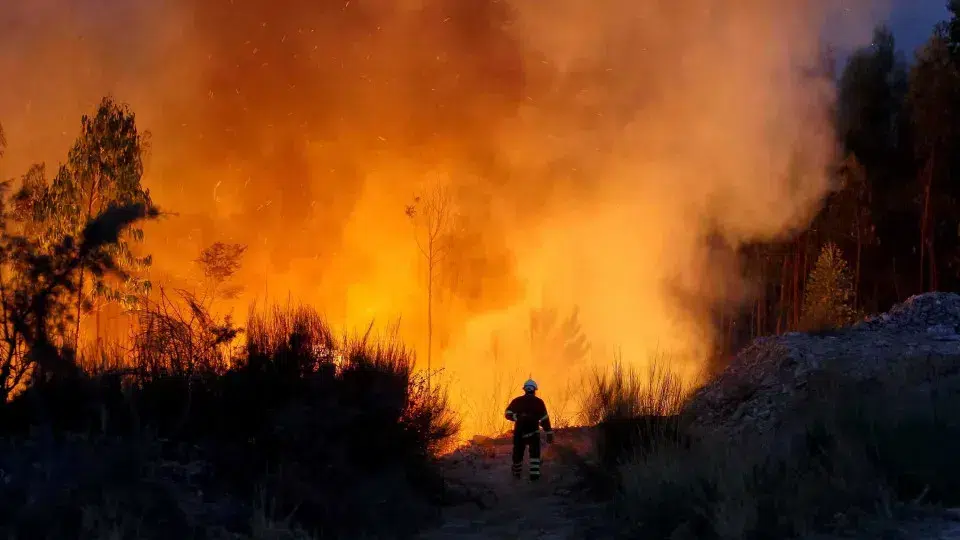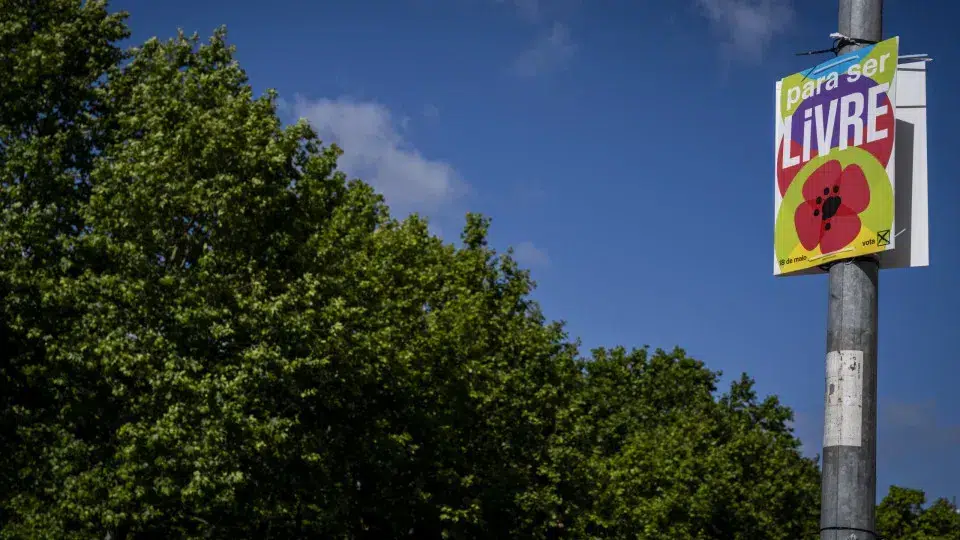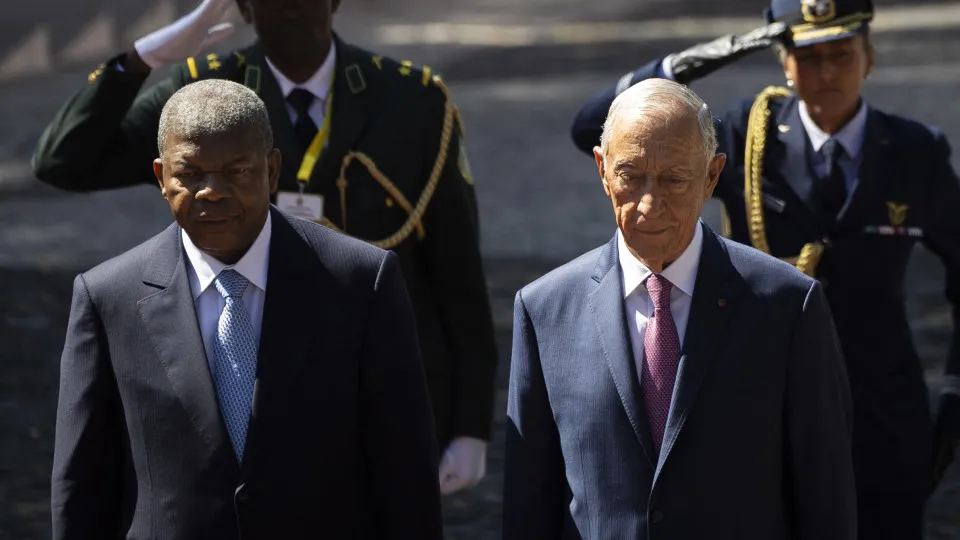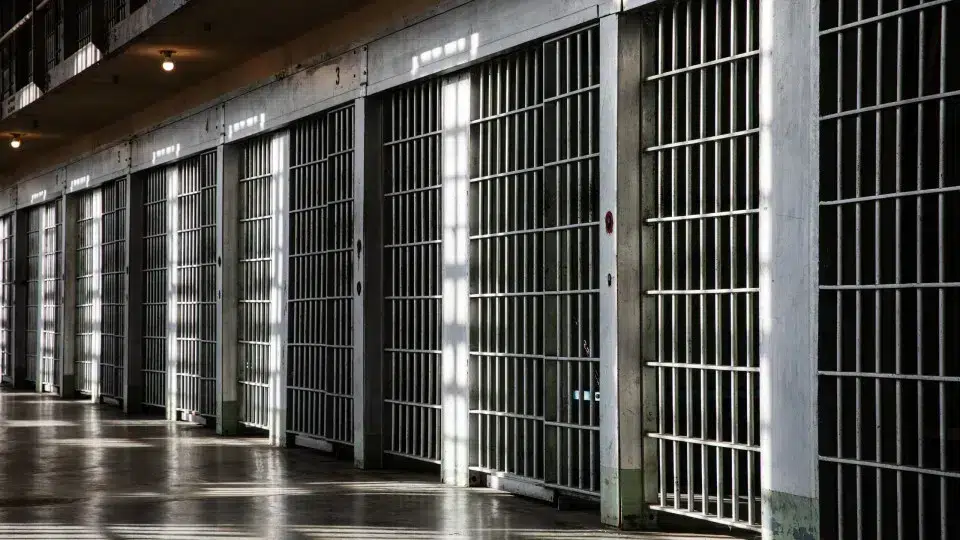Portugal announced its recognition of the State of Palestine on Sunday, as other nations, including the United Kingdom, Australia, and Canada, also did. This initiative was significantly influenced by France, where President Emmanuel Macron called for progress towards a two-state solution.
“If no political perspective is offered, then [the Palestinians] are merely placed in the hands of those proposing a security approach or an aggressive approach,” Macron stated in an interview on French television this week, as reported by the Associated Press.
This recognition of Palestine as a state has been a longstanding issue. Before Portugal’s announcement, Israeli diplomacy expressed criticism. Sharren Haskel, Israel’s Deputy Foreign Minister, expressed Tel Aviv’s “extreme disappointment” towards Portugal and other countries, blaming “unilateral initiatives” for hindering agreement prospects.
“We are extremely disappointed with countries and leaders choosing to recognize the Palestinian state because, in reality, it rewards Hamas and rewards terrorism,” Haskel commented.
What does the recognition of the State of Palestine mean?
Numerous discussions revolve around the implications of this recognition, particularly regarding peace. Deutsche Welle (DW) indicates that Israel is expected to continue its military operations in Gaza, emphasizing that this declaration does not equate to peace.
Experts cited by the publication note that regardless of Palestine’s statehood status, international law already obliges other nations to take action to halt activities occurring in the territory.
On the previous Tuesday, the United Nations (UN) released findings from a report indicating Israeli Prime Minister Benjamin Netanyahu, the nation’s President Isaac Herzog, and former Defense Minister Yoav Gallant “encouraged a genocide crime” in the Gaza Strip.
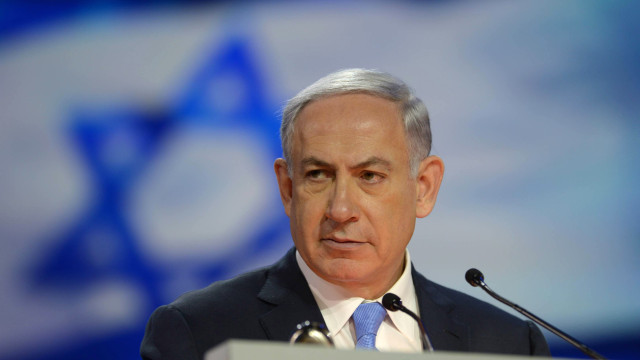
Report from the United Nations (UN) concludes that the Israeli president and prime minister are responsible for a crime of genocide and that the state did nothing to “punish this action.”
Andrea Pinto | 08:14 – 16/09/2025
On the diplomatic front?
Although international law already imposes an obligation to take all necessary actions to halt the deaths in Gaza, with or without statehood, DW writes that recognition might strengthen the argument for a ceasefire within the existing international diplomatic, bureaucratic, and legal structures.
According to DW, Hugh Lovatt, a Middle East and North Africa policy expert, explained that symbolism and demonstrations of strength play a role as well: “Symbolism is not always a negative. Given the countries recognizing Palestine, particularly France and the United Kingdom, this is an important reaffirmation of Palestinian rights and self-determination, the right to live free from occupation, statehood, and more.”
And the UN?
Sky News points out the limited power the Palestinian Authority holds within the UN due to its observer status, similar to the Vatican, lacking voting rights.
Full membership to the UN requires approval from the Security Council, regardless of how many countries recognize Palestine as a state outside of it. Approval requires at least nine affirmative votes and no veto from the five permanent members: the United Kingdom, the United States, France, Russia, and China.
If the Council approves the bid, it proceeds to the General Assembly for a two-thirds majority approval, as explained by Sky News.
US votes ‘no’
Among several countries, the United States opposes recognizing the Palestinian state, with U.S. President Donald Trump reiterating this stance during a visit to the UK, where he acknowledged a “disagreement” with London on this matter.
Two-state solution
The two-state solution has long been advocated. Earlier this month, the UN General Assembly overwhelmingly passed a declaration, with 142 votes in favor, outlining “tangible, time-bound, and irreversible steps” towards a two-state solution. Only ten states opposed it.
One major challenge to this solution, as reported by Sky News, is determining borders, with many believing they should revert to those that existed before 1967. Since then, a rising number of Israeli settlements have been established within the West Bank, with approximately 600,000 Israelis residing there and in occupied East Jerusalem.

